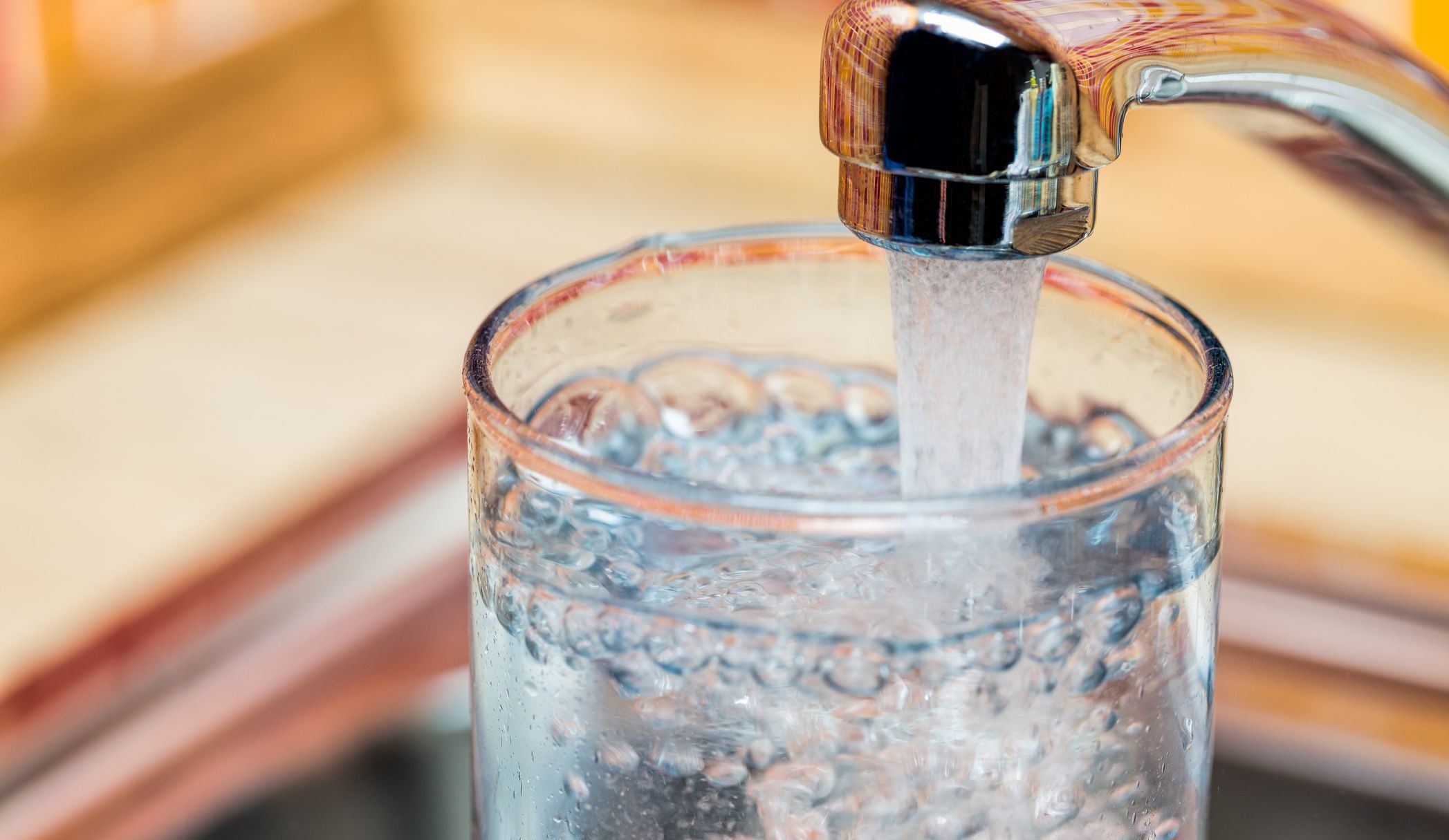An Agreement in Principle has been reached through a negotiation process to resolve a national class action litigation related to safe drinking water in First Nations communities.
The announcement was made by Tataskweyak Cree Nation, Curve Lake First Nation, and Neskantaga First Nation with Indigenous Services Minister Marc Miller.
“I strongly believe in resolving important matters like this through open dialogue grounded in the principles of co-operation, partnership and transparency,” said Marc Miller, minister of Indigenous services. “We are proud to have worked in partnership with Tataskweyak Cree Nation, Curve Lake First Nation and Neskantaga First Nation to establish an Agreement in Principle that lays the groundwork for long-term sustainable solutions to ensure access to clean water on reserves now and in the future. The safety of community members is our top priority and we will continue to work together to ensure that their water is clean and safe to drink.”
This Agreement in Principle addresses important concerns identified by First Nations represented in the class action lawsuits. The agreement includes the following:
- $1.5 billion in compensation for individuals deprived of clean drinking water.
- The creation of a $400 million First Nation Economic and Cultural Restoration Fund.
- A renewed commitment to Canada’s Action Plan for the lifting of all long-term drinking water advisories.
- The creation of a First Nations Advisory Committee on Safe Drinking Water.
- Support for First Nations to develop their own safe drinking water by-laws and initiatives.
- A commitment of at least $6 billion to support reliable access to safe drinking water on reserve.
- Planned modernization of Canada’s First Nations drinking water legislation.
“For hundreds of years now, Canada has enjoyed vast wealth while Indigenous people lack access to even the basic necessities of life like drinkable water,” said Chief Emily Whetung of Curve Lake First Nation. “Today, we have come one step closer to reconciling this long history. We can celebrate the Agreement In Principle as a step in the right direction and we look forward to seeing how quickly we can achieve the goal of clean water for all.”
“This Agreement in Principle between First Nations and Canada is a significant milestone,” added Chief Doreen Spence of Tataskweyak Cree Nation. “It signals Canada’s recognition of the harmful trauma that we have suffered after going so many years without clean drinking water. The Agreement in Principle provides First Nations with compensation for hardships that we should not have had to experience, and enforceable standards to end our water crisis. For Tataskweyak Cree Nation, these standards mean that Canada is finally committing to draw our community’s water from a safer and healthier source. This is a significant step toward ensuring that all First Nations have access to clean and reliable drinking water for our present and future generations. We are looking forward to working with Canada to implement this Agreement in Principle.”
The Government of Canada noted that it will continue to work with all First Nations—including Tataskweyak Cree Nation, Curve Lake First Nation, and Neskantaga First Nation—to address water concerns.
“For 27 years Neskantaga has been plagued by not having access to clean safe drinking water,” according to the community of Neskantaga. “That’s harmed us. It has harmed all aspects of our community. It continues to tear at who we are as people, as human beings. People have to live every day with the consequences of past policies. The water in Neskantaga has been so bad that we have been forced to evacuate our entire community twice within the span of twelve months.”
“These were not our mistakes; these were not our policies,” added the community of Neskantaga. “People from Neskantaga woke up today, yesterday, and every day for the past 27 years wondering how they will treat the symptoms of this water disaster. Our symptoms are real, and result in kids committing suicide, getting rashes, and suffering severe eczema. The skin conditions are particularly awful. They make our people feel like they have to hide themselves, and furthers their loss of dignity, on top of already feeling like maybe they don’t deserve clean water.”
“It took 27 years to get this far, and we are here and determined to move forward,” noted the community of Neskantaga. “We view the Agreement In Principle as hope that our water issues will be in the past and that we can move forward with a new beginning. But make no mistake: even when they provide hope, moments like these are very hard for us. Our suffering is still going on. We are cautious about promises, we’re ready to work on legally binding commitments. It is time Neskantaga got clean drinking water. It is time Neskantaga and all other affected nations can focus on healing. Miigwetch”
According to the Government of Canada, it will continue to support First Nations communities’ efforts to ensure that their members have access to clean drinking water.
As of July 30, 2021, First Nations, with support from Indigenous Services Canada, have lifted 108 long-term drinking water advisories since November 2015. In addition, 186 short-term drinking water advisories have been prevented from becoming long term.









